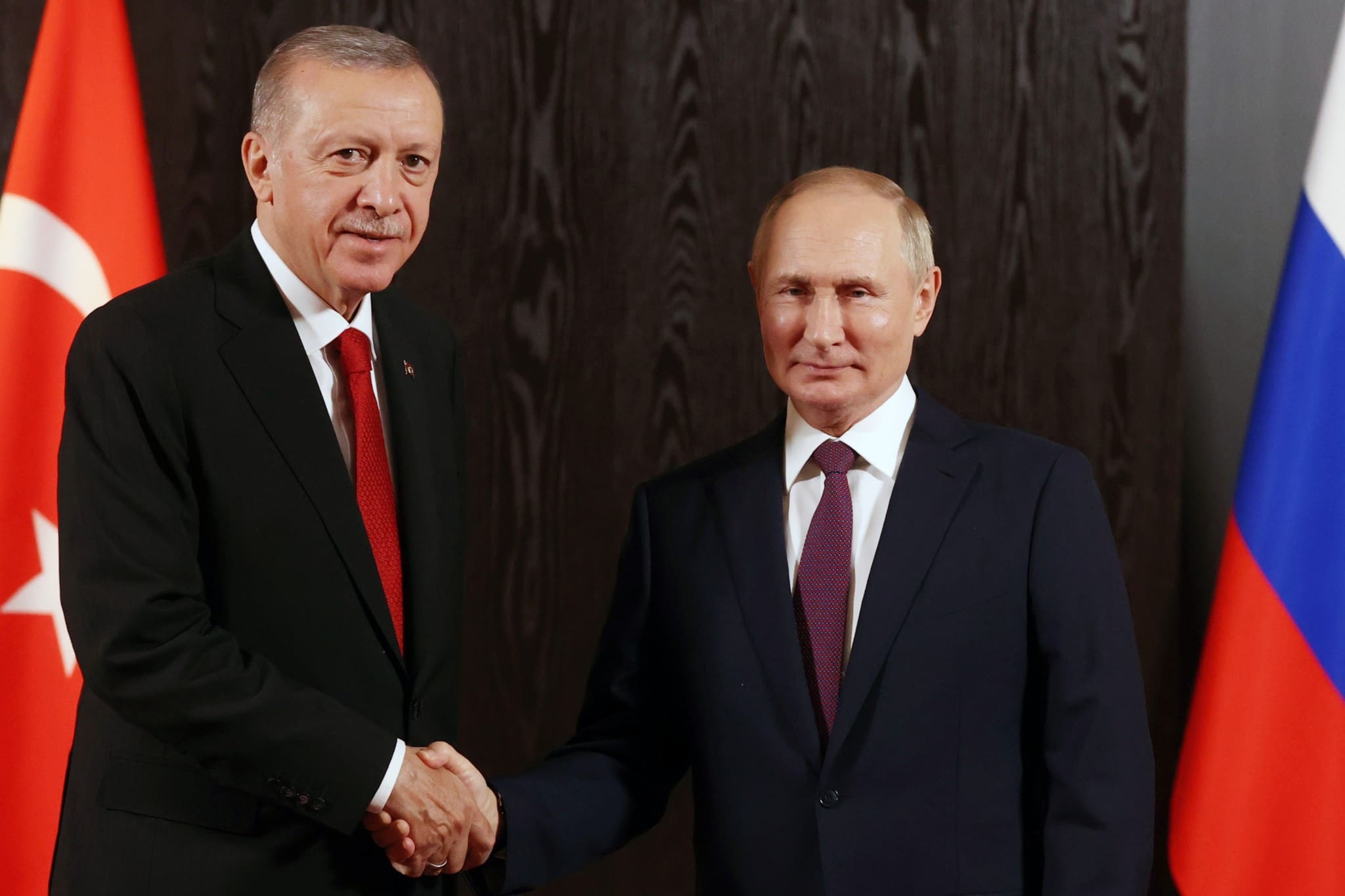Turkey will no longer be exporting over 40 categories of U.S.-made items needed by Russia in its war against Ukraine, the Kyiv Independent reports, citing information from FT.
Parts critical to weapons, such as microchips, processors, and control systems, have all been banned, while Turkish banks have also responded to the threat of U.S. sanctions over Russian clients by curtailing their dealings with these entities.
The paper notes that Turkish President Recep Tayyip Erdoğan has “aimed to maintain positive relations with both Russia and Ukraine,” despite his country being a member of NATO. Such ambitions also come in the face of Erdoğan sending aid to Ukraine and stating emphatically: “We support Ukraine’s territorial integrity, together with Ukrainian Crimea.”
However, just this past August, Remix News reported on how Russia continues to export oil to EU member states despite the sanctions in place, in large part due to help from Turkey.
All in all, Turkey was the largest buyer of Russian crude oil, natural gas, and coal for 2023, but the energy did not simply stop in Ankara.
Between February 2023 and February 2024, EU imports of petroleum products from Turkey increased by 107 percent, with member states importing 5.16 million tons of petroleum products worth €3.1 billion. Despite its own domestic consumption of such products barely increasing, Turkey imported twice as much oil from Russia in 2023, an amount worth €17.6 billion, handing Russia some €5.4 billion for its war chest.
READ MORE: Russian oil continues to flow, but how?
Then in September, news hit that for Q2 2024, EU member states imported more natural gas from Russia than from the United States for the first time in almost two years.
It’s no secret that cutting reliance on Russian energy has been difficult for many EU member states, not just Hungary. France itself imported 4.4 billion cubic meters of liquid natural gas (LNG) in the first quarter of 2024, more than double the circa 2 billion it imported in 2023.






